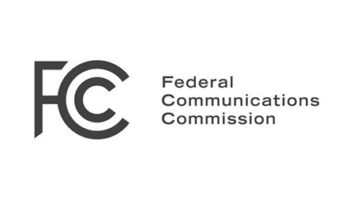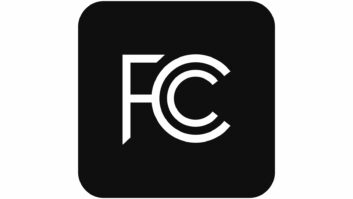When the Federal Communications Commission was chaired by Kevin Martin, several lawmakers heard about a lack of information flowing to the commissioners and other complaints from agency employees. Rep. Ed Markey, D-Mass, asked the Government Accountability Office to review how the commission gets its work done.
From August through October 2009, the GAO reviewed the agency’s structure and processes. It says it spoke with current and former FCC chairmen and commissioners, industry stakeholders, academics and consumer representatives.
The GAO released its report this week and made several recommendations to strengthen internal communications and help decision making.
Where appropriate, the GAO also recommended, the FCC should release the actual text of proposed rules or rule changes before they are publicly voted on to help focus public input. The FCC says it has worked to do this in recently-issued NPRMs but it has not said whether the practice would be continued.
Bringing transparency to the decision-making process is also why the FCC is being asked to revise its “ex parte” rules, which govern summaries of conversations between FCC officials and outsiders.
Lobbyists have said the current summaries can be vague and that sometimes ex parte contacts occur before an FCC vote, limiting stakeholders’ ability to know what information was discussed and to rebut that information. The GAO recommends the commission revise its ex parte rules to clarify what constitutes a sufficient summary; to further explain FCC officials’ roles in making sure summaries are accurate; and create a mechanism to ensure that commissioners are notified promptly of substantive filings made on items that are about to be voted on.
The GAO believes the FCC lacks written procedures spelling out interbureau communication and collaboration and that the commission’s reliance on informal coordination has “created confusion” among the bureaus regarding who is responsible for handling certain issues.
“In addition, the lack of written procedures has allowed various chairmen to determine the extent to which interbureau collaboration and communication occurs. This has led to instances in which FCC’s final analyses lacked input from all relevant staff,” noted the GAO in its report.
To address this, the GAO recommends that the FCC develop written policies on interbureau coordination and commissioner access to staff analyses, determining when an issue involves more than one bureau and which bureau would take the lead.
The Government Accountability Office also said it has heard concerns about the chairman’s ability to influence offices such as its engineering and strategic planning offices. It recommended that the FCC review whether the agency needs to redefine the roles of those offices; and it says each new chairman should “develop and make publicly available internal policies that outline the extent to which commissioners can access information from the bureaus and offices during the decision-making process, including how commissioners can request and receive information.”
The FCC generally agreed with the recommendations and said it has begun to take steps to address areas of concern. In written comments included in the report, the commission said it is in the midst of reviewing its processes. It did not state whether future policies on commissioner access to bureau and office information during the decision-making process would be made publicly available or provided to FCC’s congressional oversight committees.
“We believe these would be important steps in improving the transparency of FCC’s decision-making process,” stated Mark Goldstein, director of physical infrastructure issues for the GAO, in the report.
In his response to the report, Rep. Markey, who chaired the communications subcommittee of the House Commerce Committee when he asked for the account, stated: “This report underscores the organizational challenges and opportunities facing the FCC. The rapid evolution of the telecommunications marketplace requires an agile agency, and reforms initiated by Chairman Genachowski have begun moving the FCC in a positive direction, particularly in the areas of transparency, public participation, and human capital management.”
Rep. Rick Boucher, D-Va., the current subcommittee chairman, said he was pleased that Genachowski has begun reviewing FCC processes “and that we are already seeing some of the results.” He said he looks forward to further FCC reform.











